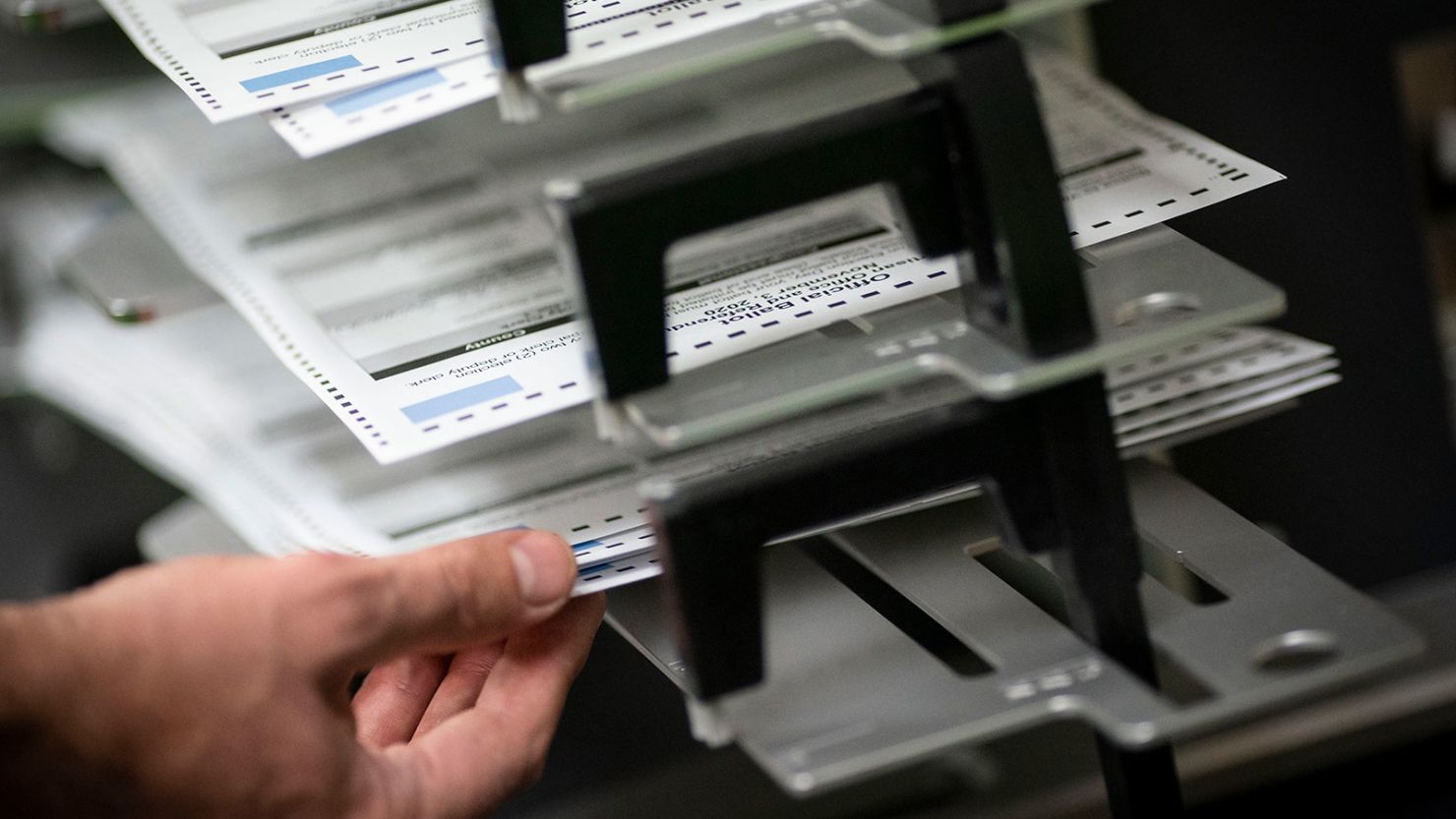
In Short
- Wisconsin voters approve amendments limiting private funds in elections, reflecting a broader trend in election-related legislation.
- The amendments are seen as a victory for republican lawmakers and conservative activists opposed to private contributions in election administration.
- Critics argue that these changes could have unforeseen consequences on election processes and government financing, raising concerns about potential restrictions and implications for election administration.
- Explore the nuances of this evolving situation and its implications for election laws and practices in Wisconsin and beyond.
TFD – Dive into the recent developments as Wisconsin voters adopt amendments limiting private funds in elections. Explore the impact on voting laws and election financing, reflecting the ongoing debate over private contributions’ influence on election outcomes and administration.
According to CNN, Wisconsin voters will adopt two election-related amendments to the state constitution, giving Republican lawmakers who have campaigned to change the state’s voting laws before of November’s presidential election a victory.
The conservative activists who have opposed “Zuckerbucks,” the money that Facebook founder Mark Zuckerberg and his wife, Priscilla Chan, donated to a nonprofit that ultimately assisted election administrators nationwide in conducting the 2020 election despite the COVID-19 pandemic, have celebrated the vote to outlaw the use of private funds in election administration.
Roughly $10 million of the $350 million one-time payment went to Wisconsin-related jurisdictions. The grant managers stated that partisanship had no bearing on their decision-making process and that any community that applied for the funding was awarded it.
Opponents counter that the funding unfairly influenced the 2020 election outcome as Wisconsin shifted from Donald Trump to Joe Biden and increased Democratic turnout that year, especially in the state’s biggest cities.
That year, Biden won Wisconsin by less than 21,000 votes.
In aftermath of Trump’s 2020 loss, he and his allies have made repeated, baseless claims that election fraud contributed to his defeat in the Badger State.
Since the 2020 election, more than twenty states have outlawed, restricted, or otherwise controlled private contributions to elections, according to the National Conference of State Legislatures. Wisconsin’s Democratic governor, Tony Evers, has vetoed a legislative attempt to accomplish this goal. Evers has obstructed electoral reforms that the Republican-controlled legislature has approved.
It is anticipated that Wisconsin voters will pass a different constitutional amendment on Tuesday, which would restrict the authority to conduct elections to those appointed by state law. Supporters claimed that it was necessary to prevent involvement in the process by outside experts.
The bills’ detractors claim that they may have unforeseen implications, like preventing local clerks from accepting donated supplies or prohibiting the use of a privately owned building for voting purposes. Furthermore, they point out, there is no assurance from the ballot questions that government financing will rise to support election administration if private sources are curtailed.
Conclusion
The recent amendments in Wisconsin highlight the ongoing debate over private funds in election administration and their impact on voting laws and government financing. While celebrated by some as a victory for electoral integrity, critics raise concerns about potential restrictions and implications for election processes. These developments underscore the complexity of balancing private contributions with public financing in election administration, shaping future discussions and reforms in electoral practices.
Connect with us for the Latest, Current, and Breaking News news updates and videos from thefoxdaily.com. The most recent news in the United States, around the world , in business, opinion, technology, politics, and sports, follow Thefoxdaily on X, Facebook, and Instagram .
